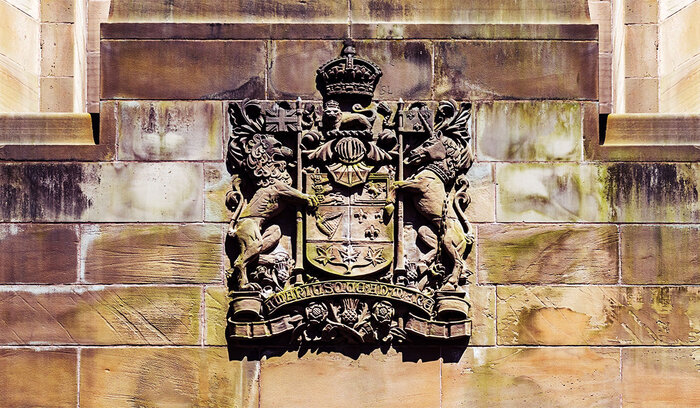
Parisology
[pahr-ə-sah-lə-jee]
Part of speech: noun
Origin: Greek, 19th century
1.
The use of equivocal or ambiguous words.
Examples of Parisology in a sentence
"The lawyer folded so much parisology into her argument, we could barely understand what she had said."
"What makes parisology frustrating is that the listener wants to understand, but the message is so ambiguous, it’s impossible to decipher."
About Parisology
“Parisology” combines the ancient Greek “πάρισος” (“párisos,” meaning “almost equal, balanced”) with the suffix “-logy” (meaning “way of speaking”).
Did you Know?
“Parisology” has nothing to do with Paris, France. In fact, the City of Light was named after the Parisii, a Gallic people who inhabited it early in its history. Instead, “parisology” is based on the ancient Greek word “πάρισος” (“párisos”), meaning “almost equal.” In this definition, “almost” is important because it indicates the way a person engaged in parisology comes close to making a statement equal to the clear truth. However, “parisology” describes the use of ambiguous language that is hard to determine the exact meaning of. As a result, parisology is “almost equal” to a direct description — except it leaves out enough details to remain obscure.








